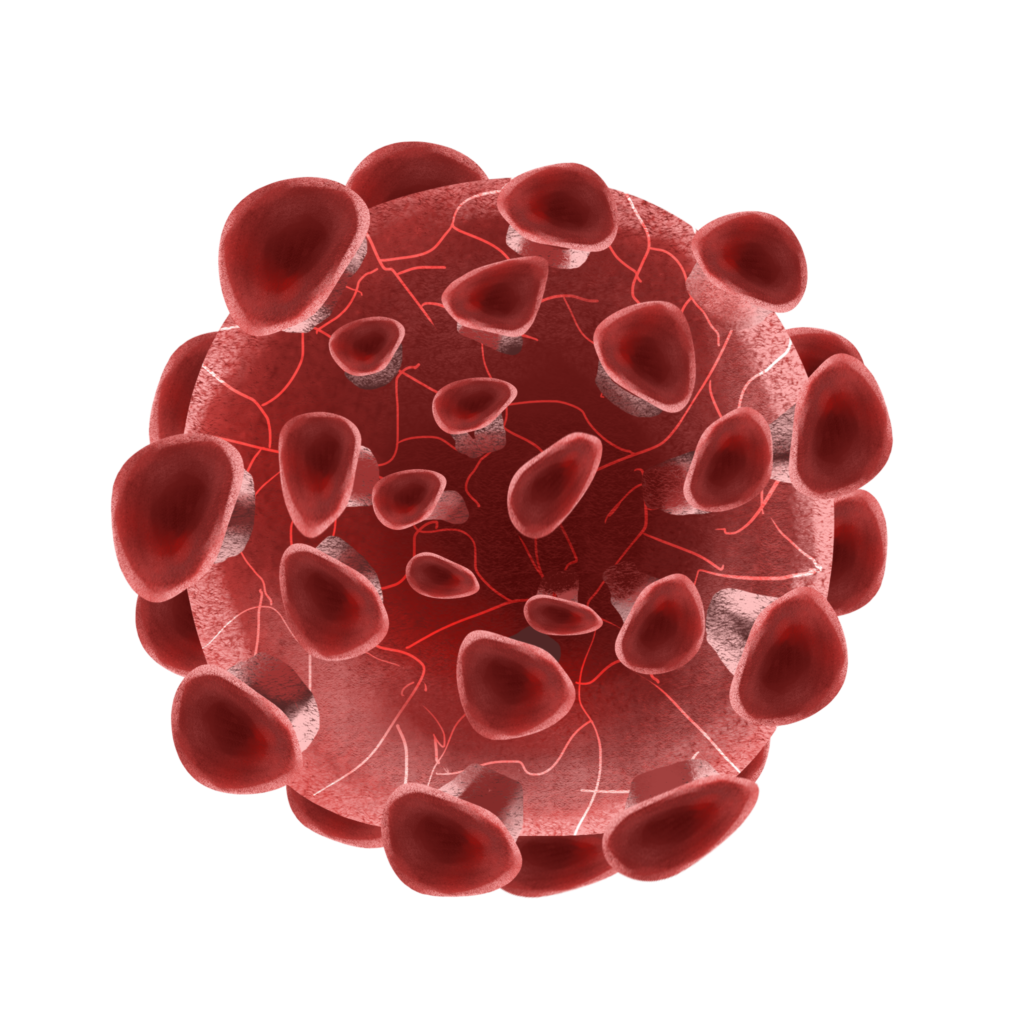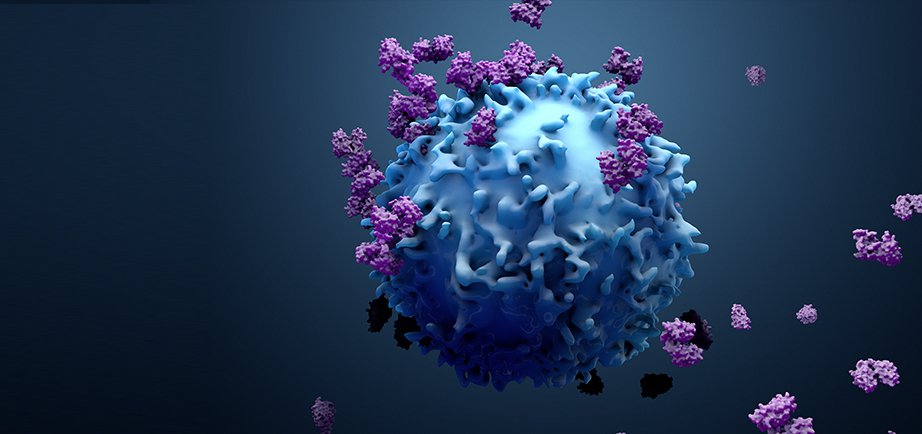
The Future of Oncology
How AI and Personalized Medicine Are Transforming Cancer Treatment
Overview
Cancer treatment has undergone significant advancements over the past few decades, but the next revolution in oncology is being driven by two powerful forces: artificial intelligence (AI) and personalized medicine. Instead of relying on a one-size-fits-all approach, these innovations are reshaping the way we detect, diagnose, and treat cancer—leading to better survival rates, fewer side effects, and improved patient outcomes.
This shift is not just theoretical; it’s already happening. AI is helping oncologists make faster and more accurate diagnoses, while personalized medicine tailors treatments to a patient’s genetic profile. However, despite these promising advancements, challenges remain—ranging from high costs to regulatory hurdles.

AI in Oncology: A Game-Changer for Cancer Diagnosis and Treatment
Artificial intelligence is transforming oncology at every stage—detection, diagnosis, and treatment planning. With its ability to process vast amounts of medical data, AI can identify patterns and anomalies far beyond human capabilities.
1. AI in Early Detection and Diagnosis
The key to beating cancer is early detection. The sooner a tumor is identified, the higher the chances of successful treatment. AI-powered imaging tools have already demonstrated superior accuracy in detecting early-stage cancers compared to traditional methods.
Medical Imaging Analysis: AI can analyze X-rays, CT scans, and MRIs to detect tumors with high accuracy. Studies show that AI models, such as those developed by Google’s DeepMind and IBM Watson, can detect breast cancer and lung cancer earlier than human radiologists.
Pathology & Biopsy Analysis: AI can examine biopsy slides and identify cancerous cells at a microscopic level, helping pathologists make more precise diagnoses.
Liquid Biopsy & AI: AI-driven blood tests can detect circulating tumor DNA (ctDNA), which can indicate the presence of cancer before symptoms appear.
So, what does the future hold for oncology? Let’s take a deep dive into the role of AI, the impact of personalized medicine, and the obstacles that must be overcome to ensure these technologies reach their full potential.
2. AI in Treatment Planning and Predicting Outcomes
Once cancer is diagnosed, choosing the right treatment is critical. Traditionally, oncologists rely on clinical guidelines and past experience, but AI offers a more data-driven approach:
AI can analyze thousands of patient records and predict how a patient will respond to a specific drug or treatment regimen.
AI models can identify which chemotherapy, radiation, or immunotherapy is most effective for an individual patient based on their genetic mutations.
AI helps in minimizing side effects by adjusting drug dosages in real-time based on patient responses.


3. AI in Drug Discovery and Clinical Trials
Developing new cancer drugs is expensive and time-consuming—often taking 10+ years and billions of dollars. AI is accelerating this process by:
Screening millions of drug compounds in silico (virtually) to find the most promising candidates.
Identifying new uses for existing drugs, reducing the need for long clinical trials.
Optimizing clinical trial recruitment, matching patients with trials based on their genetics and disease profile.
For example, DeepMind’s AlphaFold AI has revolutionized protein folding predictions, enabling researchers to design drugs that target cancer at a molecular level.
Final Thoughts: A New Era in Cancer Care
The future of oncology is data-driven, personalized, and AI-powered. By harnessing the power of machine learning and genetic profiling, we can move closer to curing cancer, minimizing side effects, and improving patient survival rates. However, achieving this vision requires collaboration between researchers, clinicians, tech companies, and policymakers.
💬 What are your thoughts?
Do you believe AI and personalized medicine will replace traditional cancer treatments?
What ethical concerns do you think should be addressed as AI becomes more integrated into healthcare?



